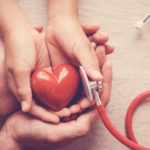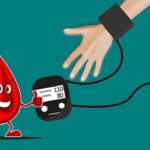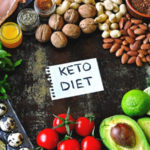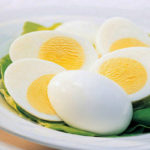Diabetes and high blood pressure are two very dangerous conditions that are common in older adults and are becoming increasingly prevalent in younger age groups. When living with these conditions, diet has a significant impact on one’s health. Today, we will explore appropriate dietary choices for people with diabetes and high blood pressure. Let’s get started!
1. Recommended Foods for People with Diabetes and High Blood Pressure
According to Dr. Nguyen Huy Cuong, former deputy head of the Diabetes Department at the National Endocrinology Hospital, some people with diabetes and high blood pressure may think that fasting is a way to lower blood sugar levels. However, instead of fasting, one should consider replacing daily meals with recommended foods for these conditions. Here are some suggested foods for people with diabetes and high blood pressure:
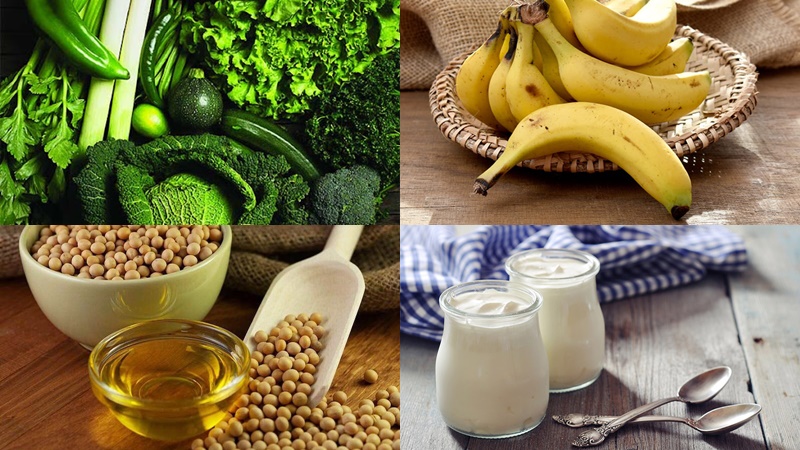 Choose foods that are good for people with diabetes and high blood pressure
Choose foods that are good for people with diabetes and high blood pressure
For further reference:
Green Vegetables
Green vegetables, especially dark leafy greens, are highly beneficial for people with diabetes and high blood pressure. Eating green vegetables does not increase blood sugar levels; instead, the fiber in these vegetables helps regulate blood pressure, lower blood sugar, control blood lipids, and reduce the risk of cardiovascular complications.
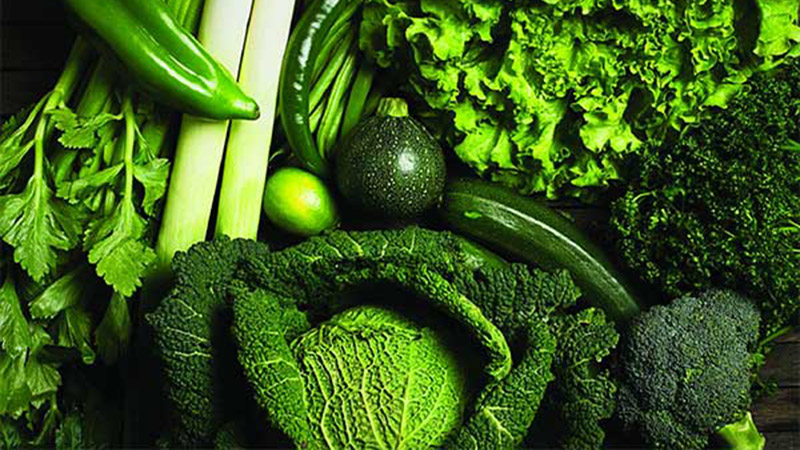 Dark green leafy vegetables are rich in fiber and potassium
Dark green leafy vegetables are rich in fiber and potassium
Additionally, dark green vegetables are an excellent source of potassium, a nutrient beneficial for those with high blood pressure. Once absorbed, potassium helps neutralize sodium levels in the body and is excreted through urination, thereby helping to lower blood pressure to a stable level.
Fruits
Fruits are often considered a “superfood” for overall health, especially fruits with low sugar content and high nutritional value such as apples, bananas, oranges, and more. Similar to green vegetables, these fruits do not cause spikes in blood sugar levels and help manage the conditions due to their fiber, vitamin, and potassium content.
 Bananas are an excellent source of potassium for people with high blood pressure and diabetes
Bananas are an excellent source of potassium for people with high blood pressure and diabetes
In particular, incorporate bananas into your daily diet. As mentioned earlier, potassium is beneficial for people with high blood pressure. Typically, one banana can provide up to 420mg of potassium. What an ideal source of potassium, right? However, avoid eating too many bananas to prevent any impact on your kidneys, and limit your intake to a maximum of 2 bananas per day.
Foods Containing Unsaturated Fats
According to Dan Tri Newspaper, it is recommended to limit fat intake when managing diabetes and high blood pressure. However, not all fats are created equal. Foods containing unsaturated fats such as avocado, olive oil, and fatty fish are beneficial for lowering blood fat levels, controlling blood sugar, and stabilizing blood pressure.
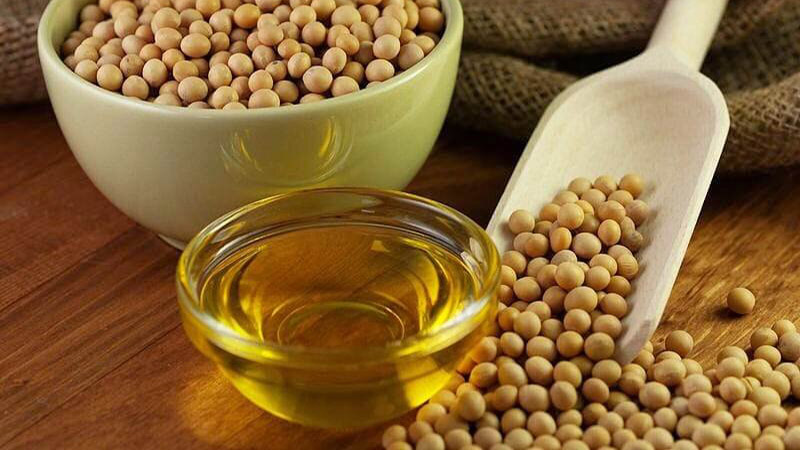 Soybean oil provides the body with unsaturated fats
Soybean oil provides the body with unsaturated fats
Unsweetened Milk, Skim Milk, and Products Derived from These Types of Milk
When it comes to milk, the first thing to note is its high calcium and vitamin D content. These two nutrients are crucial for people with high blood pressure. Calcium helps promote heart muscle contraction and relaxation, while vitamin D aids in the production of nitric oxide, a compound that helps regulate blood pressure.
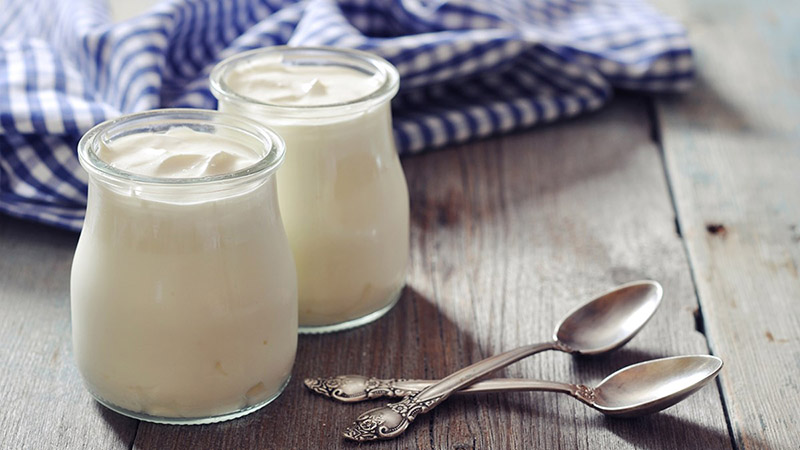 Yogurt provides many beneficial nutrients for stabilizing blood pressure
Yogurt provides many beneficial nutrients for stabilizing blood pressure
Yogurt, a dairy product, is not only delicious but also highly nutritious. In addition to calcium and vitamin D, yogurt contains probiotics, which are produced during fermentation and are effective in controlling blood pressure. However, to prevent spikes in blood sugar, ensure that these dairy products do not contain added sugar.
2. Foods to Avoid When Managing Diabetes and High Blood Pressure
In addition to incorporating beneficial foods into your diet, it is essential to be mindful of foods that should be limited or eliminated when living with diabetes and high blood pressure. Be cautious, as cravings can negatively impact your health. The following are some foods to avoid or reduce in your diet when managing diabetes and high blood pressure:
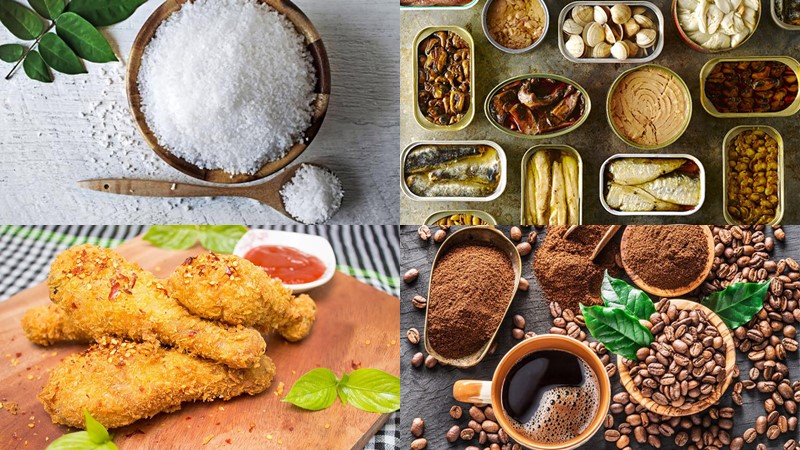 Avoid foods that contain ingredients that increase blood pressure and blood sugar levels
Avoid foods that contain ingredients that increase blood pressure and blood sugar levels
Table Salt
If you have a penchant for salty foods, now is the time to adjust your dietary habits. The primary component of table salt is sodium, which, when absorbed, can cause arterial constriction and lead to elevated blood pressure. Excessive salt intake also makes it difficult for the body to eliminate fat, resulting in increased blood lipid levels.
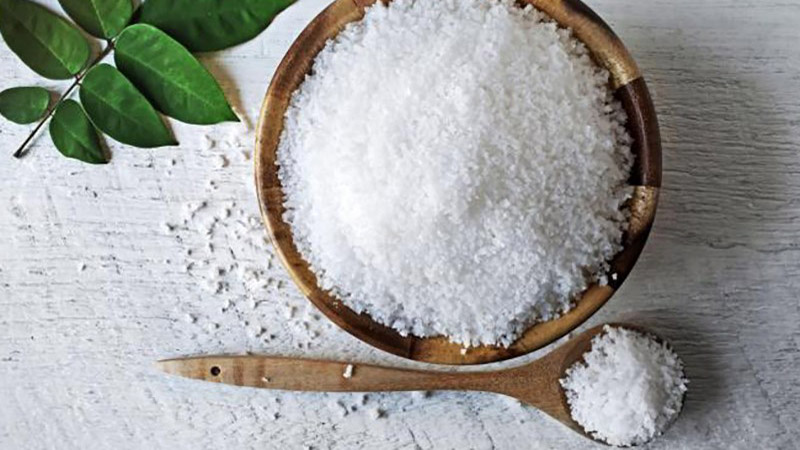 Consuming too much salt is detrimental for people with high blood pressure and diabetes
Consuming too much salt is detrimental for people with high blood pressure and diabetes
Canned Foods
Canned foods are another category of products that people with diabetes and high blood pressure should steer clear of. Most canned foods contain high amounts of salt for preservation and enhanced flavor. As mentioned earlier, excessive salt intake is detrimental to those with these health conditions.
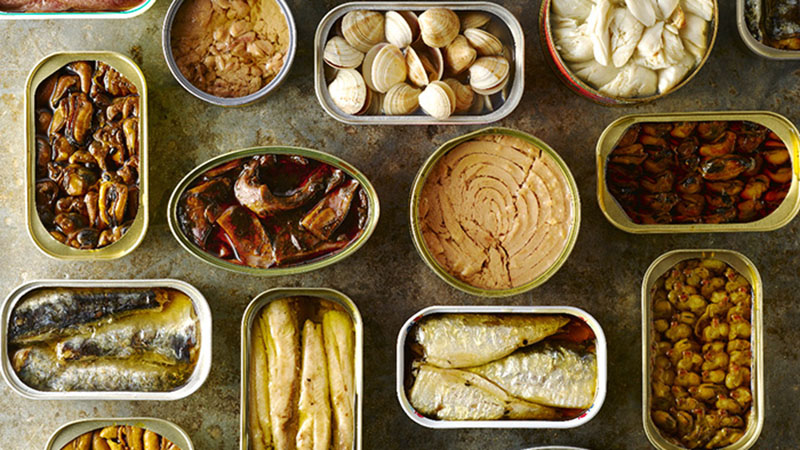 Canned foods contain high amounts of salt and seasoning
Canned foods contain high amounts of salt and seasoning
Additionally, canned foods often contain seasoning mixes. While not as salty as table salt, these mixes still contain significant amounts of sodium. Therefore, it is advisable to limit the use of such condiments and products that contain large amounts of seasoning, such as canned foods.
Foods Containing Trans Fats and Saturated Fats
Trans fats are commonly found in fried, roasted, and grilled foods, while saturated fats are typically present in animal fats, butter, full-fat dairy products, and coconut oil. Both types of fats can lead to increased cholesterol levels in the blood, elevated blood sugar levels, a higher risk of high blood pressure, and an increased likelihood of cardiovascular diseases.
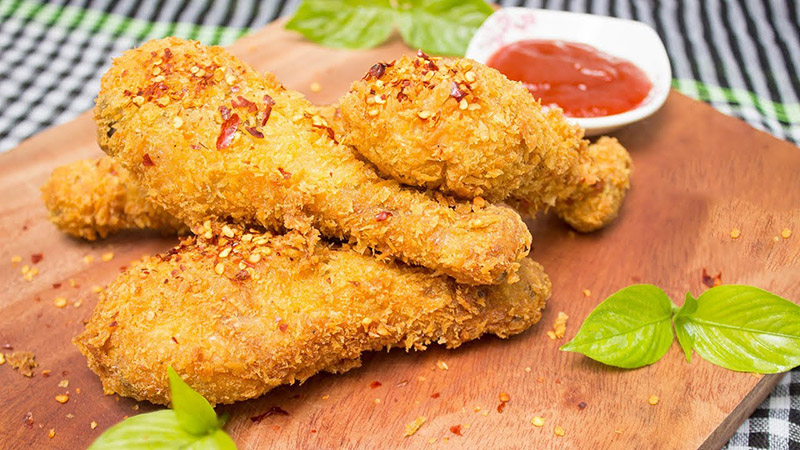 Fried and roasted foods contain high levels of trans fats
Fried and roasted foods contain high levels of trans fats
Beverages Containing Stimulants
Individuals with diabetes and high blood pressure should refrain from consuming beverages containing stimulants such as alcohol, energy drinks, strong tea, and thick coffee. These stimulants can lead to increased heart rate, agitation, and elevated blood pressure. Strong coffee and tea can also disrupt sleep, which is another factor contributing to high blood pressure.
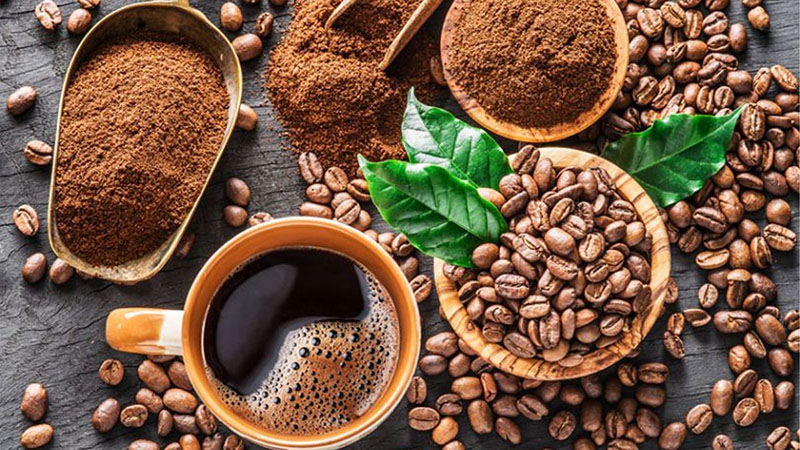 Excessive coffee intake can cause sleep disturbances, increased heart rate, and elevated blood pressure
Excessive coffee intake can cause sleep disturbances, increased heart rate, and elevated blood pressure
3. Considerations for Creating a Diet Plan for People with Diabetes and High Blood Pressure
Diet plays a significant role in the health of individuals with diabetes and high blood pressure. To maintain good health, consider the following when creating a suitable diet plan for people with these conditions:
 People with diabetes and high blood pressure need an appropriate diet plan
People with diabetes and high blood pressure need an appropriate diet plan
- Reduce salt intake and limit the use of seasonings.
- Increase consumption of fiber-rich and potassium-rich foods.
- Use vegetable oils, fish oils, or oils containing unsaturated fats for cooking.
- Minimize the consumption of foods containing stimulants.
- Divide meals into smaller portions to prevent sudden spikes in blood sugar levels.
- Combine diet with medication to better manage the conditions.
We have now covered the recommended and non-recommended foods for people with diabetes and high blood pressure. Hopefully, this article has provided you with valuable information. Thank you for reading.
Source: Dan Tri Newspaper

























